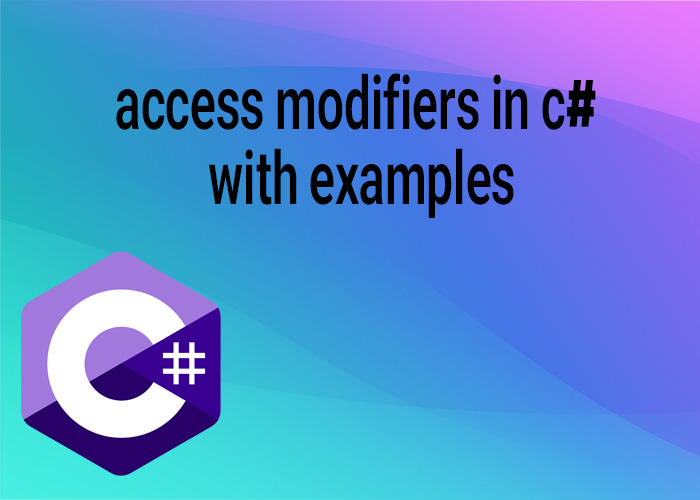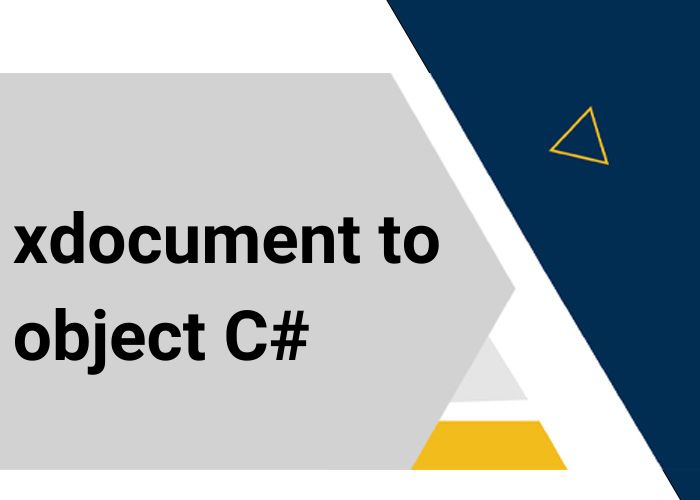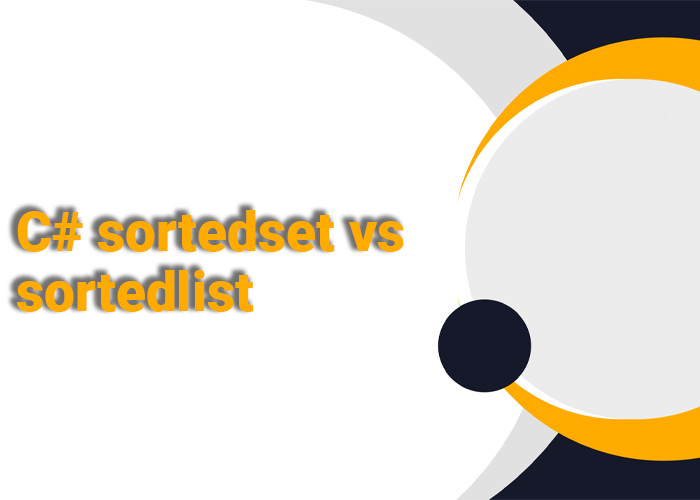Understanding Init-Only Properties in C#
Introduced in C# 9.0 as part of .NET 5, init-only properties provide a more robust way to create immutable objects while maintaining the convenience and flexibility of object initializers. This article delves into what init-only properties and indexers are, why they're useful, and the constraints that come with them, including the specific error: "init-only property or indexer can only be assigned in an object initializer."
What Are Init-Only Properties?
Init-only properties in C# are properties that can only be set during the object initialization phase. Once an object is fully constructed, these properties become immutable, meaning their values cannot be changed. This feature is implemented using the init accessor, which is similar to the set accessor but restricts property modification to the object initialization block.
Syntax and Usage
An init-only property looks similar to a regular property but uses init instead of set:
public class Person
{
public string Name { get; init; }
public int Age { get; init; }
}
Assigning Values to Init-Only Properties
Init-only properties can only be assigned values in two contexts:
- Object Initializers: During the creation of a new object, you can assign values to init-only properties directly in the initializer block.
- Constructor Bodies: Inside the constructor of the class where they are defined.
var person = new Person
{
Name = "John Doe", // Valid usage
Age = 30 // Valid usage
};
Attempting to assign a value to an init-only property outside of these contexts results in a compile-time error:
person.Name = "Jane Doe"; // Compile-time error
The Error: "Init-Only Property or Indexer Can Only Be Assigned in an Object Initializer"
This error occurs when there is an attempt to assign a value to an init-only property outside of its permissible contexts. It is a safeguard that enforces immutability, ensuring that once an object is fully initialized, its init-only properties cannot be modified, thus protecting the integrity of the data the object represents.
Benefits of Using Init-Only Properties
- Immutability: They help in creating immutable data models, which are safer to use, especially in multi-threaded environments where mutable shared state can lead to bugs.
- Ease of Use: Allows the initialization of properties in a more flexible and readable manner compared to readonly properties that must be set in constructors.
- Data Integrity: Ensures that once an object is initialized, its state cannot be altered, which can prevent a class of bugs related to unexpected state changes.
Best Practices for Init-Only Properties
- Use with Immutable Types: They are most effective when the types of the properties themselves are immutable.
- Document Usage: Clearly document that the properties are immutable after initialization to ensure that developers who use your classes do not attempt to change their values post-creation.
- Combine with Record Types: Consider using init-only properties in record types for enhanced immutability and value-based equality checks.
Conclusion
Init-only properties in C# provide a powerful mechanism to enforce immutability in object-oriented programming. By understanding how to use these properties effectively, developers can build safer and more robust applications. The constraint that init-only properties can only be assigned during object initialization is crucial for maintaining data integrity and preventing unwanted side effects in software applications.





